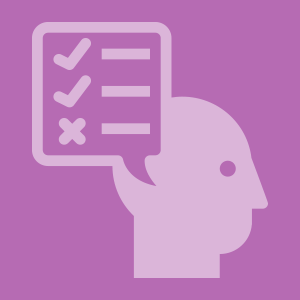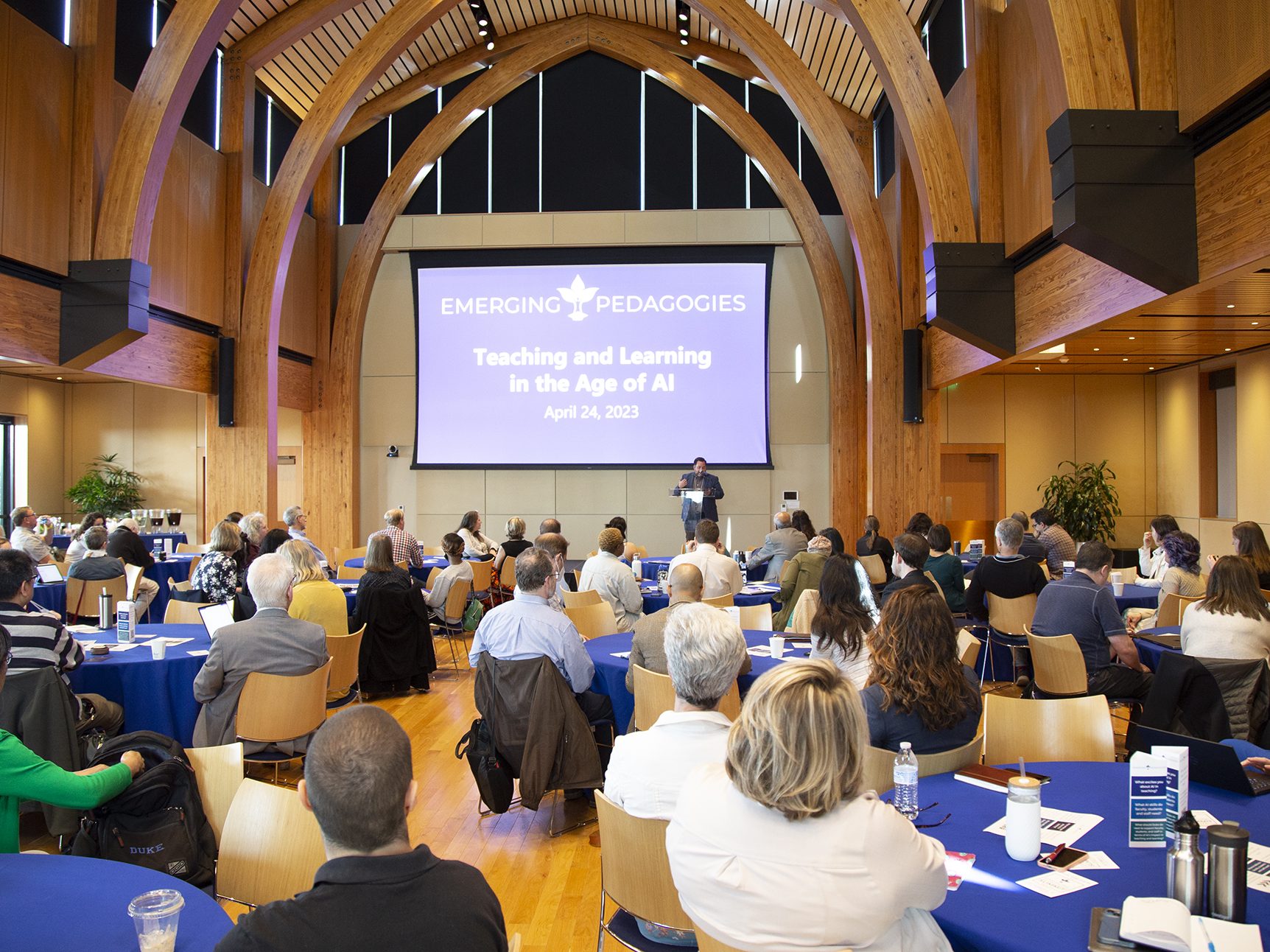Great teaching is part art, part science. Complement your personal teaching approach with these teaching techniques proven effective through evidence-based research.
Want one-on-one support implementing teaching techniques? Contact us!
Plan and Refine Your Course
Plan a well-organized, effective course and consider how to improve it.
Create an Inclusive and Equitable Course
Keep diversity, equity, inclusion and accessibility (DEIA) in mind while designing your course.
Design and Grade Course Work
Develop effective course assignments and identify grading policies to support student learning.
Choose Course Materials
Guidance on copyright, accessibility, and using the library effectively.
Use Student Teams Effectively
Strategies for effective teamwork and descriptions of team-based pedagogies.
Foster an Active Classroom
Challenge students to think, create, discuss and solve problems rather than passively receive knowledge.
Deep Dives
Explorations into trending topics in the field of higher education.
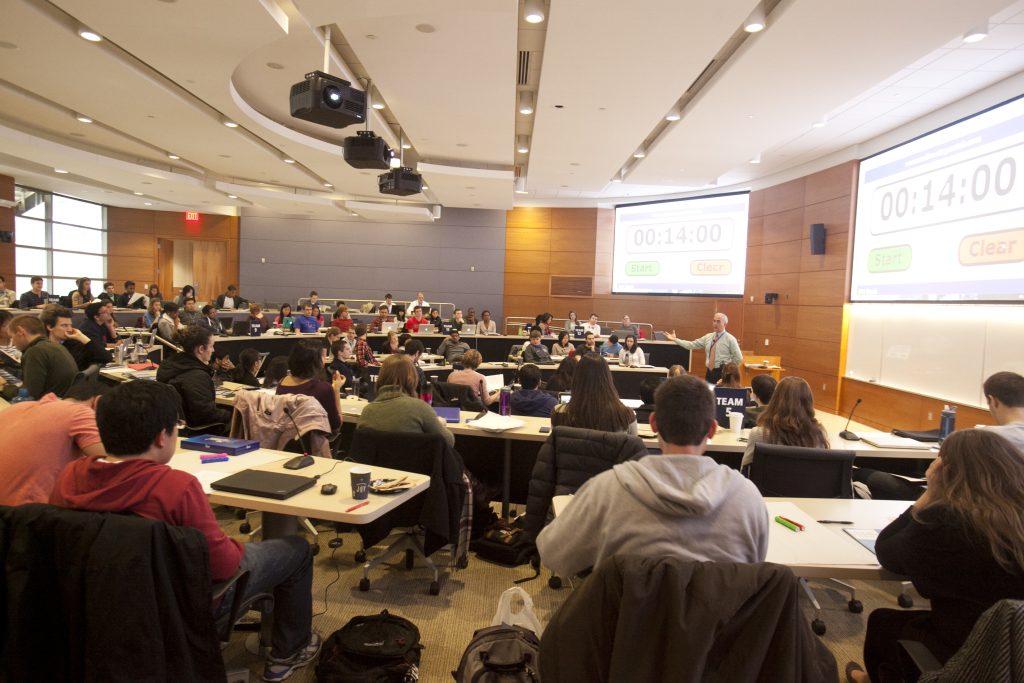
Teaching Large Classes >>
Teaching large classes presents unique challenges and opportunities for instructors. Connecting with and engaging students becomes more difficult, and the grading process can be overwhelming due to the volume of students. However, large classes also offer a dynamic environment for fostering a collective learning experience.
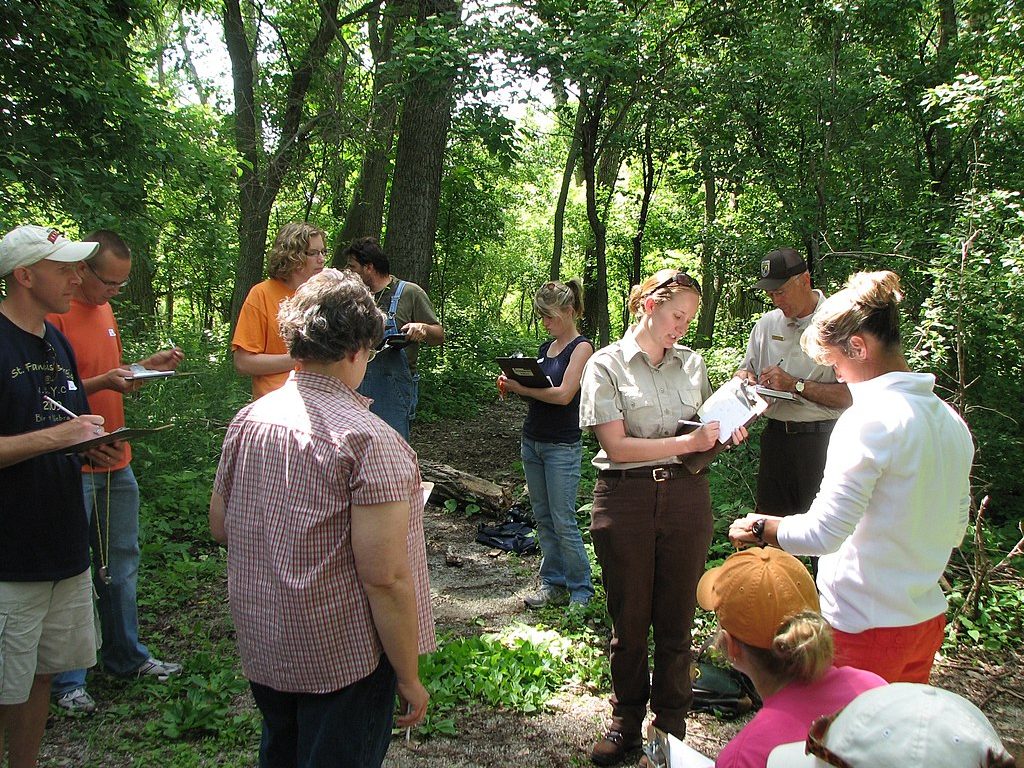
Best Practices in Teaching Observation >>
To capture a full picture of an instructor’s teaching abilities, it takes more than end-of-semester student evaluations. Peer observations can shed light on the quality of interactions between the students and the instructor. Peers can provide formative feedback with an eye toward improving instruction. Self-reflection through journaling, self-observation and the development of a teaching portfolio is the third pillar of teaching observation.
AI and Teaching at Duke >>
The challenge for instructors is to discover how to incorporate Artificial Intelligence content generators as a tool in their teaching rather than view them solely as a threat. In the past, other technology tools such as multifunction calculators, spelling and grammar checkers, and statistical analysis software shifted the ways we learn and teach. As in those cases, educators will need to help students differentiate when AI can help with learning versus when it is a short cut around learning.
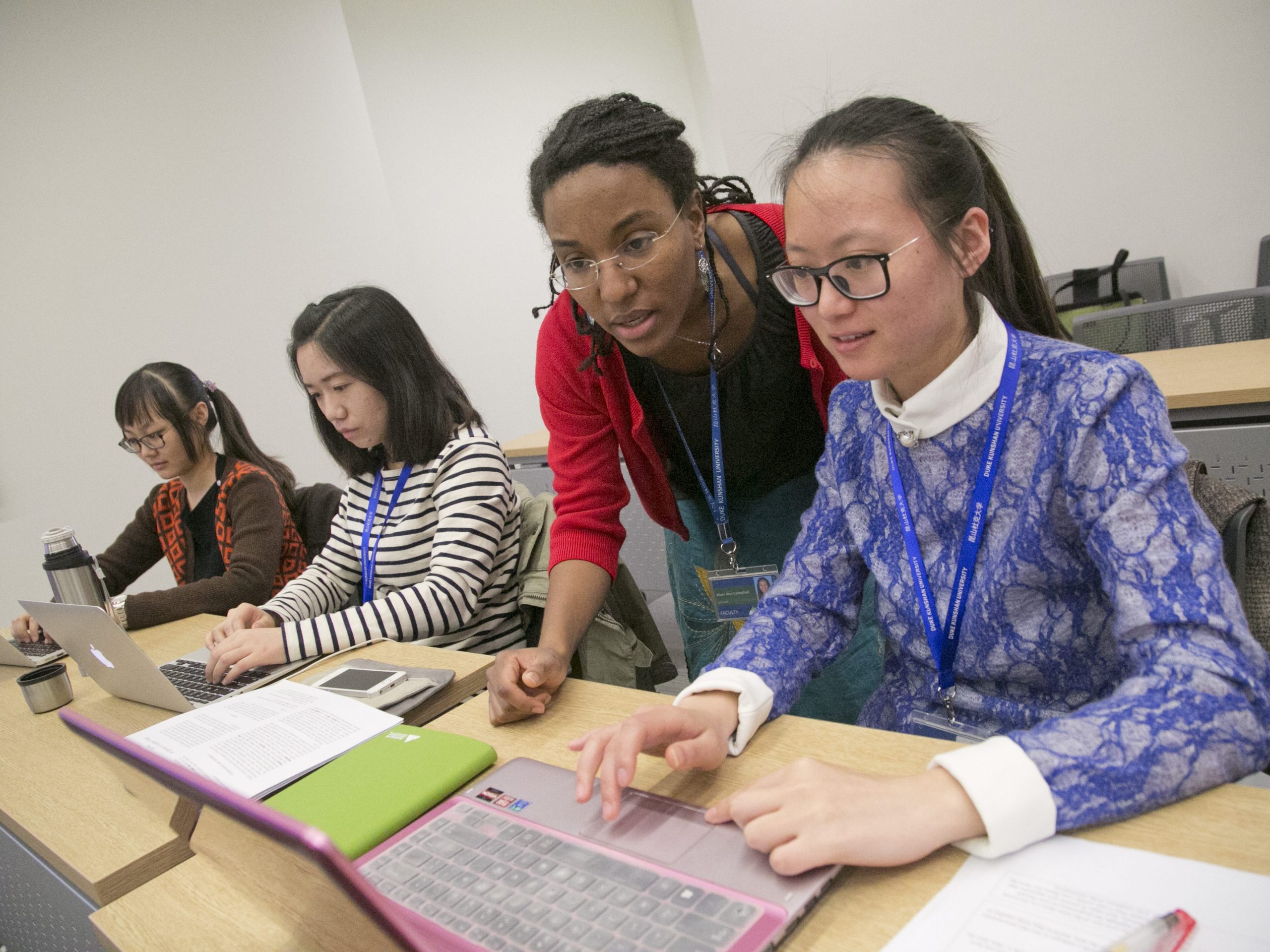
Alternative Strategies for Assessment and Grading >>
Research shows that grades are often not a good reflection of student learning and growth, and that being graded can be stressful for students. In addition, many traditional grading practices can exacerbate existing academic inequalities. We encourage faculty to design assessments that directly support student learning first, with their evaluative role considered secondarily.

Alternative Credentials
Alternative credentials are learning experiences or programs smaller than degrees, such as certificates, micro-credentials, industry certifications and other non-degree qualifications, in which successful completion involves acquisition of specific competencies or skills as assessed and verified by the program provider.

Regular Substantive Interaction in Online Courses
The US Department of Education requires that all courses that are considered “distance education” contain regular and substantive interaction between the instructor and students (RSI). Distance education includes any course that involves educating at a distance and is eligible for Title IV student aid funding.



